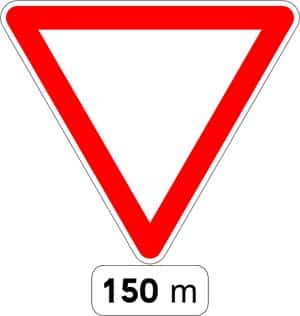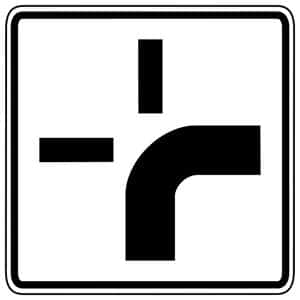Top Tips for Driving Abroad
Corporate vehicle hire for overseas travel has become commonplace for multi-national companies, especially when organising conferences or client meetings out of the country.
No matter how experienced the driver, it’s important that your team understand the rules and regulations surrounding overseas driving.
Pick up and Collection
Before travelling, you need to organise any pick up and collection arrangements that need to be made with whichever company you’re using.
Any corporate vehicle rental company will have previous knowledge and experience of managing this process, so let them make the arrangement. This means that whoever is travelling will not suffer from delays or miscommunication between countries.
Provide the company with specific times of any outbound flights as well as the actual flight number to ensure that if the flight is late the rental location will be aware of your delay and can cater for this. Taking the time to go through this information means members of your team won’t be stranded at a foreign airport when you land.
Short term or Long term?
When organising travel, the driver needs to take into account how long the trip will be for, and how far the car is expected to drive. Some companies will have a larger business mileage allowance over a longer period of time. Some may restrict you to a certain amount of miles each day.
If you are driving in the short term, then it pays to be careful. Expect the unexpected, and the driver won’t be putting themselves or others at risk by driving unsafely.
When driving over a longer period of time, they may become more accustomed to the local driving style, but always remember that they’re in a different country, and haven’t been driving there for as long as the locals.
Learn the Local Road Signs
It is important for whoever is travelling abroad to learn the differences between road signs in the UK and their destination.
Road signs in most countries will be translated into the native language, and the same is true for signs that only contain images. For example, the Yield sign in France contains no images, but is purely an upside-down red triangle.
The Yield sign means that you have to give way to traffic approaching from the left or right, but you don’t have to stop if there are no cars.

Another example would be the Priority on a Turn sign. For regular UK drivers, this sign will be unfamiliar, but it means that priority is given to drivers turning right.

Leave enough time for delays
If your employee is meeting a specific client, or attending a conference in a certain location, then they need to start their journey with enough time to take into account delays.
Delays could range from a collision, a diversion or simply missing their turning. Before leaving your hotel or office, make sure that they check the route carefully and take note of any specific landmarks they may have to pass. If in doubt, then leave even earlier, there’s no harm in arriving before you need to.
General Road Rules
The main difference with driving abroad is which side of the road to drive on. With over two-thirds of the world driving on the right hand side of the road, it’s important that whoever is travelling is confident before leaving the country.
The speed limits are often higher abroad compared to those in the UK, so taking note of any speed restrictions is crucial when taking to the roads. Cars approaching at higher speeds than they’re used to can be alarming at first, but don’t panic. If the driver starts to feel overwhelmed, then they should pull over safely and take a break.
Extra caution should always be taken when approaching pedestrian crossings. In some countries the driver always has to give way to pedestrians, but in others it may be down to the driver whether they want to or not.
If you’re planning a business trip overseas, then we have a service specifically designed for you. Our overseas and international rental service is personalised specifically for your business needs.
Whether it’s short-term or long-term overseas driving, Fourways Vehicle Solutions can help. Our fully trained team are experienced with organising international corporate vehicle hire, and can arrange everything for you.
To discuss in more detail how we can help, then simply call our office directly using our contact page here.




